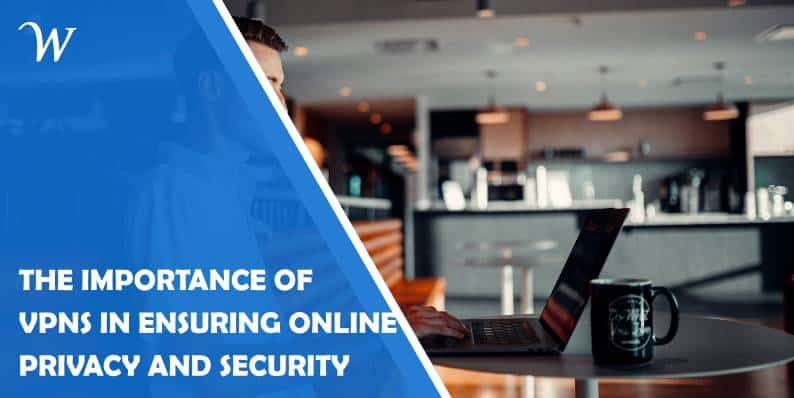In an era dominated by digital connectivity, the significance of online privacy and security cannot be overstated. As we seamlessly traverse the vast landscape of the internet, our digital footprints become increasingly susceptible to prying eyes and potential threats. This is where Virtual Private Networks (VPNs) emerge as invaluable tools, offering a shield against cyber vulnerabilities and bolstering our defenses in the digital sphere.
Understanding the VPN Landscape
A VPN serves as a secure tunnel between your device and the internet, encrypting the data that travels through it. This encryption is akin to a digital cloak, safeguarding your online activities from the watchful eyes of hackers, cybercriminals, and even your internet service provider (ISP). By rerouting your internet connection through a server located in a different region or country, VPNs add a layer of anonymity, making it challenging for entities to trace your online movements. Read more about VPN here if you want to find out other interesting things about online security with VPN.
The Essence of Online Privacy
In an age where personal data has become a valuable commodity, the quest for online privacy is more relevant than ever. VPNs play a pivotal role in preserving this privacy by concealing your IP address and masking your digital identity. Whether you’re conducting sensitive transactions, communicating confidential information, or simply browsing the web, the assurance of a private and encrypted connection becomes paramount.
Securing Sensitive Transactions
The digital landscape is rife with potential threats, especially when it comes to financial transactions and sensitive data exchange. VPNs create a secure environment for such activities by encrypting the data exchanged between your device and the online server. This ensures that even if intercepted, the information remains unintelligible to unauthorized entities, mitigating the risk of identity theft and financial fraud.
Bypassing Geo-restrictions
Beyond privacy concerns, VPNs offer an avenue to unlock geo-restricted content. By connecting to a server in a different location, users can access content that may be restricted in their region. This not only applies to streaming services but also allows individuals to navigate the internet without constraints imposed by regional censorship.
Public Wi-Fi Security
Public Wi-Fi networks, while convenient, are breeding grounds for potential cyber threats. Without proper security measures, these networks become vulnerable points for hackers to exploit. VPNs act as a shield in such scenarios, encrypting your data and protecting it from potential breaches on unsecured networks. This is particularly crucial for individuals who frequently connect to public Wi-Fi at cafes, airports, or hotels.
Choosing the Right VPN
While the benefits of VPNs are evident, it is essential to choose a reputable service provider. Factors such as a ‘no-log’ policy, strong encryption protocols, and server locations should be considered. Additionally, the user interface and ease of use contribute to a seamless VPN experience.
Emerging Trends in VPN Technology:
In the dynamic realm of cybersecurity, VPN technology continues to evolve to meet the demands of an ever-changing digital landscape. Modern VPN services not only prioritize encryption and anonymity but also integrate advanced features like split tunneling, multi-hop connections, and even malware protection. These additions enhance the overall security posture, providing users with a comprehensive defense mechanism against an array of cyber threats. As we witness these technological advancements, it becomes clear that VPNs are not just a reactive measure but an active player in fortifying our digital resilience.
As we traverse the intricate web of the digital landscape, the role of VPNs in ensuring online privacy and security becomes indispensable. By encrypting our digital interactions, preserving anonymity, and offering a secure gateway, VPNs empower users to navigate the internet with confidence. Embracing this digital ally is not just a choice but a proactive step towards reclaiming control over our online presence in an ever-evolving digital world.
- Accessible Web Design for Visually Impaired Users - February 5, 2025
- How to Unlink Facebook from Instagram: A Complete Guide - January 11, 2025
- How to Install Balena Etcher on Kali Linux - January 8, 2025
